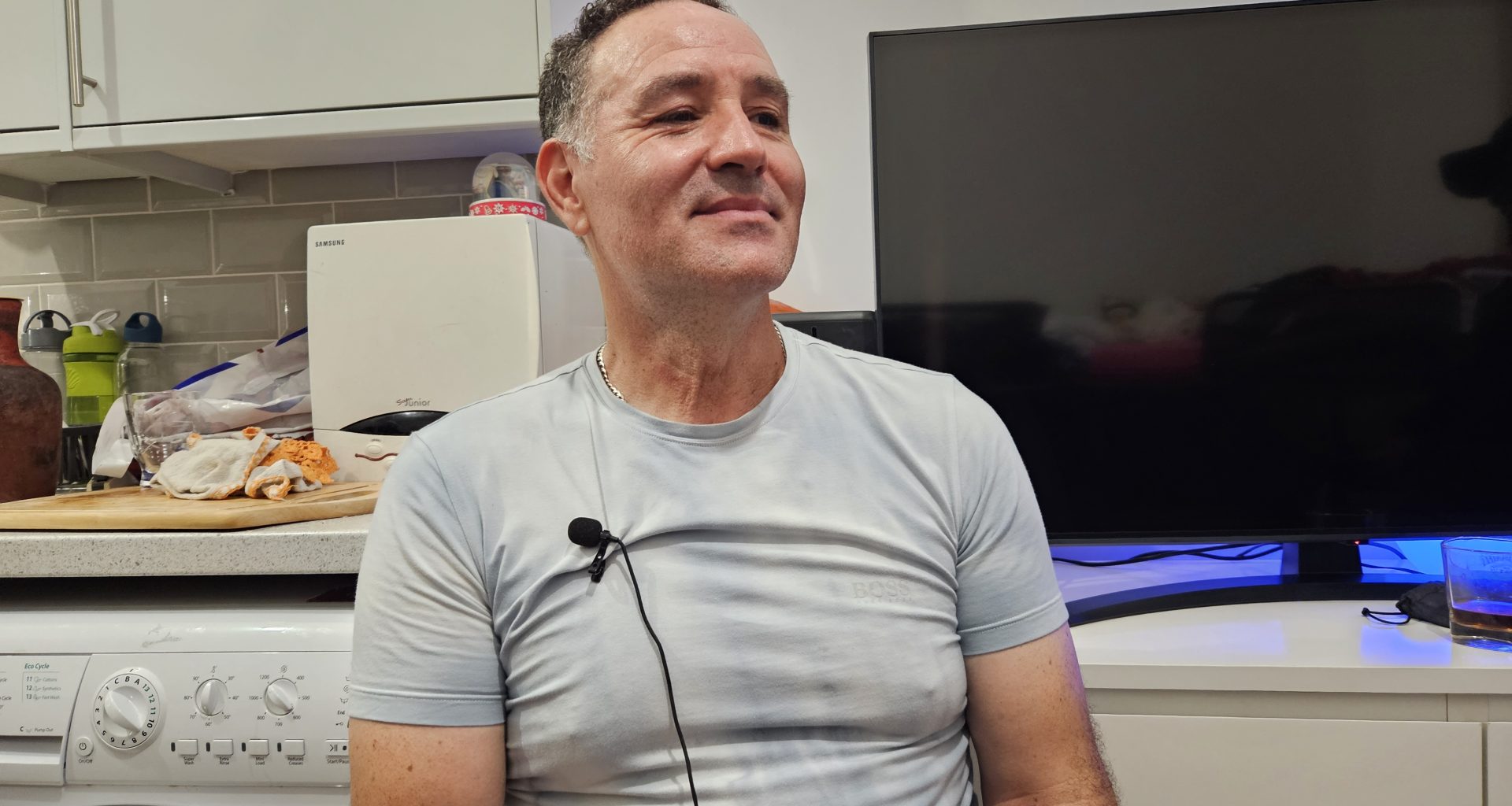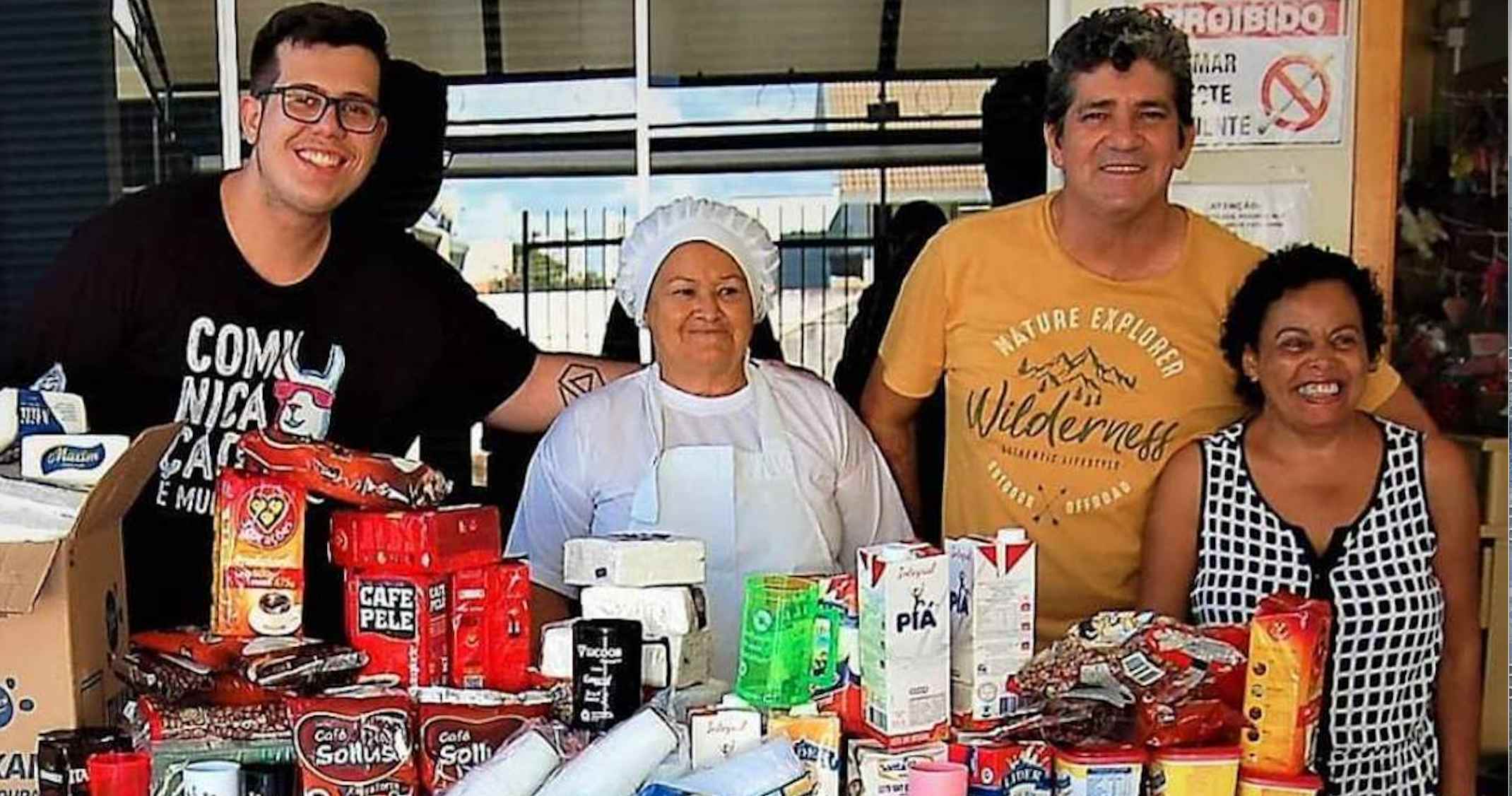“In my country, we go to the butcher’s to buy our meat, unlike in England where everything is packed in plastic. But after 20 years of living, I now know how to buy my meat.”
This is one of the many culture shocks faced by immigrants not just in the United Kingdom but across the world. Immigration has now become a widely talked about topic of both interest and concern. The year 2022 seemed to have experienced a spike in immigration around the world ranging from reasons like war, work, study purposes, reuniting with family and loved ones as well as economic opportunities. With its record of having world-ranking universities and an accommodating student-friendly environment, the UK is usually considered for studying abroad. In 2022, the United Kingdom, recorded the highest percentage of immigrants that came into the country under the study route with 22% while 15% and 3% came into the country for work and reuniting with family, respectively.
The UK has now become a home to people of diverse cultures as well as traditions. From meeting new people to interacting and sometimes having to live with people with distinct cultures and traditions. Most often than not, people talk about their culture shock experience and the way it has influenced how they have been able to settle down and their perception of the new country they have found themselves in. While some complain about how daunting it has been moving away from home, some others sing praises of how comforting it has been for them. Whether it be the transport system or the healthcare system, language or even food, everyone always has something to talk about.
Sergio, a Brazilian who moved to the UK in 2003 to study English did not have friends and found it very lonely especially on his birthday and during the yuletide. He worked until the celebrations were over and was unable to reach out to his family because “he didn’t have the facilities of the social media.” This he said was an incredibly sad moment that moved him to cry till he fell asleep.
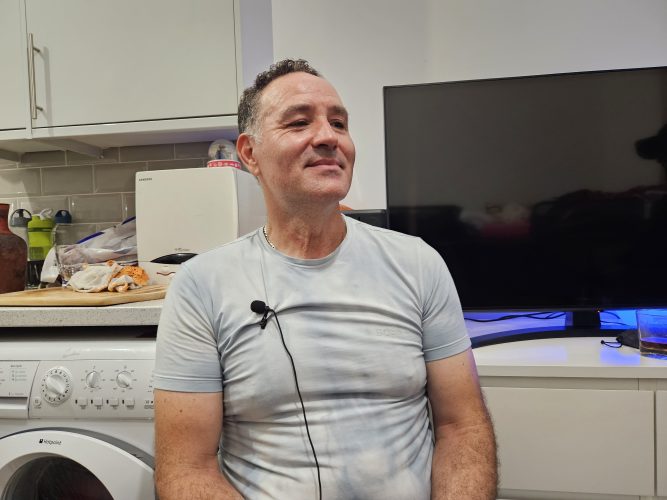
He also says that buying meat and fish in his country was done at the butchers. he could see what exactly they were buying unlike in England where everything is packed in plastic. He can now boast that after 20 years now, “he knows what type of meat is good or not”. Just like Sergio, Winfrida, a Tanzanian also indicates that she experienced some difficulty adjusting to the food pallet in the UK.
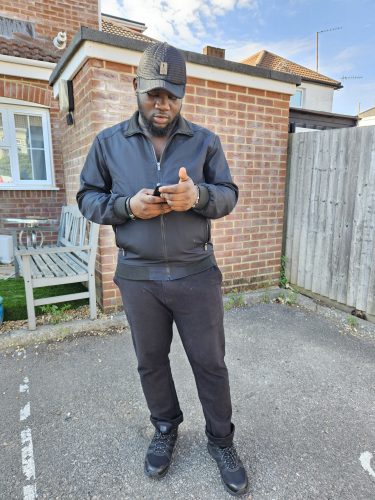
Furthermore, on culture shocks, Olumide Oke, the Vice-President of the Society of Nigerian Students finds the transport system thrilling. He says there are different bus stops that are well-time managed. In correlation to this, Donatus Ifunaya also finds the transport system interesting. All buses are always scheduled and any changes are well communicated. They both agree that the bus system is very organized and well-time managed. There are timetables for buses and this is usually followed. Although, Donatus includes that safety during road trips in the UK is more guaranteed. He is also fascinated by the traffic lighting system as there are provisions for pedestrians and the disabled. “There is a knob that enables the disabled to cross the road.”
Language is another culture shock that most people experience especially for those who are not from English-speaking communities. Olumide says that he found it interesting communicating when he got to the UK. He knew that “communication is one of the key elements to survive….”. He says it was easier hearing some people speak while he had to be more attentive to hear some other people speak.
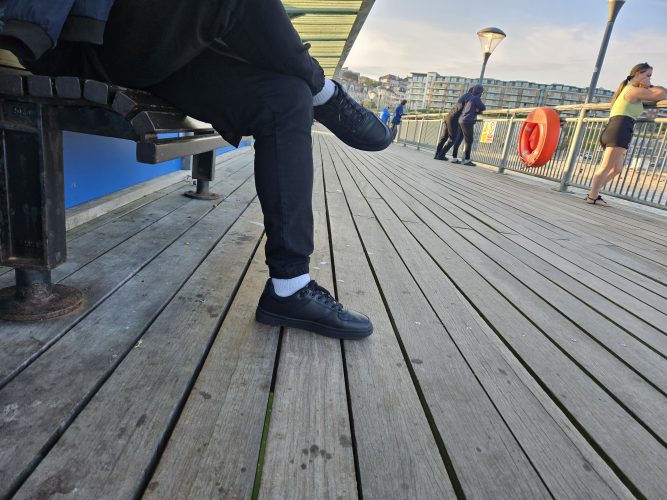
In the healthcare sector, Donatus points out how difficult it is to easily access the GP and book appointments. He says that “you need to book an appointment which could take days before you can see a doctor” unless it is an emergency. Although, in his country, sometimes there are no facilities to ensure that proper healthcare is delivered. Sometimes, people opt for private hospitals.
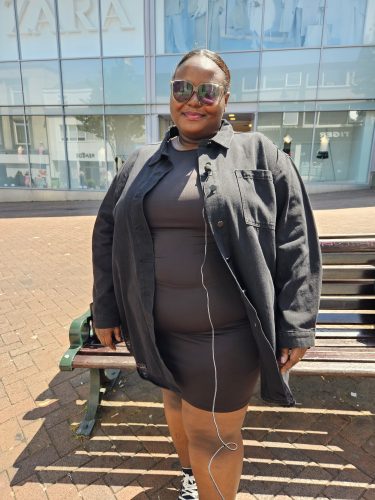
For Africans, it is a sign of respect to add prefixes to the names of people who are senior in the profession or older in age rather than addressing them by their first names. A typical African child will refer to his/her uncle as ‘Uncle A’ while a student would address his/ her lecturer or tutor as ‘Mr. B’ or ‘Professor B’. This is different in the UK, Winfrida Ngaruko says. “…if they were an elderly person, you would not call them by their first name, you would add either aunty or uncle before it. Here, everyone calls each other by their first names no matter what ranking you are.” She says this took a while to adjust to as she found it unusual to address her lecturers by their first names even while sending emails.





